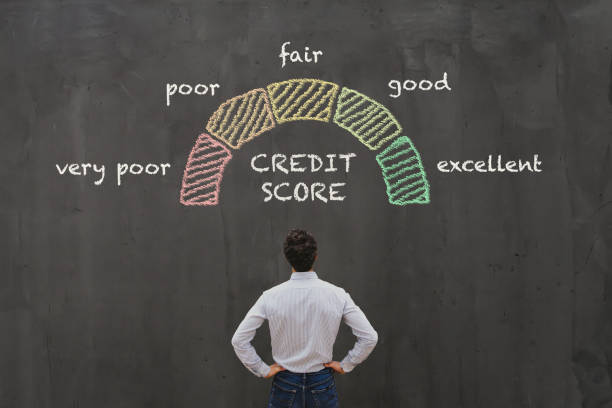While blockchain technology-the force behind cryptocurrencies-is riding high waves in the digital currency world, it is going to make a difference very significantly in other territories. One such area is the mortgage transaction industry; here, blockchain makes its presence felt by offering better security, efficiency, and even transparency, which would in turn help address some of the most crucial bottlenecks within the mortgage industry. Let’s try to understand how this new-age technology can revolutionize buying and selling homes.
Table of Contents
ToggleHigher security in mortgage transactions
Security is the most important aspect in mortgage transactions as a myriad of sensitive personal and financial information is exchanged. Because blockchain creates a decentralized and immutable ledger of transactions, it makes security to a new level. Each transaction in a blockchain is recorded in a “block” and connected to earlier transactions through such a “chain,” which is virtually tamper-proof. The decentralized nature of the blockchain means that there is no single point of failure in transactions and thereby eliminates the risk of any breach of data or fraud. Therefore, when blockchain applies to mortgage transactions, they will certainly be much more secure for both buyers and lenders alike.
Streamlining Efficiency
The process of buying a mortgage is notorious for being inefficient and long and involves transferring funds through numerous intermediaries and an overwhelming amount of paperwork with many verification stages. These processes are therefore likely to be made much easier and quicker by the use of blockchain technology, especially in automation and simplification of transaction workflows. Smart contracts are, therefore self-executing contracts with the term thereof directly written into codes; hence, they can perform routine tasks such as checking the information of borrowers, processing payments, and transferring the titles of property. The above minimizes the need for manual interference as well as the speed it accelerates the process of transactions, thereby making the whole mortgage process an efficient process.
Increase Transparency
Probably the greatest challenge for the mortgage industry lies in transparency. In multi-party flows, where lenders, brokers, and title companies are all often involved in the mortgage transaction, knowing always where a transaction stands or whom to hold accountable is always difficult. Blockchain increases transparency through a single, immutable record of all transactions. All the parties in a mortgage transaction would thus be alerted, in real time, to the very same information, thus bringing about a reduction of risks of disputes and discrepancies. This transparency translates into traceability and account of everything that prevents dissipation of trust by stakeholders.
Overcoming Adoption Barriers
However, using blockchain in the mortgage industry does not come free from several challenges. The biggest one is incorporating blockchain into the existing systems and processes. Such an industry would need to adapt its infrastructure and its frameworks to absorb this new technology. To mention here is also the education and training required towards full adaptation by all parties involved, making them understand how to use this tool effectively.
In a future not so distant, therefore, it will be but a matter of time before enhancements in blockchain technology feature it in mortgage transactions. Continuous improvement in blockchain technology as well as rising interest from industry stakeholders promise to make it a defining moment. Indeed, for all the full benefits of blockchain to be realized, interaction between technology developers, financial institutions, and the regulatory body must be realized.
Conclusion
In essence, blockchain will definitely transform mortgage transactions through better security, efficiency, and transparency. Indeed, hurdles need to be overcome, but the promise of a safer, simpler, more efficient, and more transparent mortgage process makes it worth exploring and taking up in the future of real estate. It can very well become the hub of modern mortgage transactions in due course and literally herald a new way of buying and selling homes in a more innovative and trustful manner.

